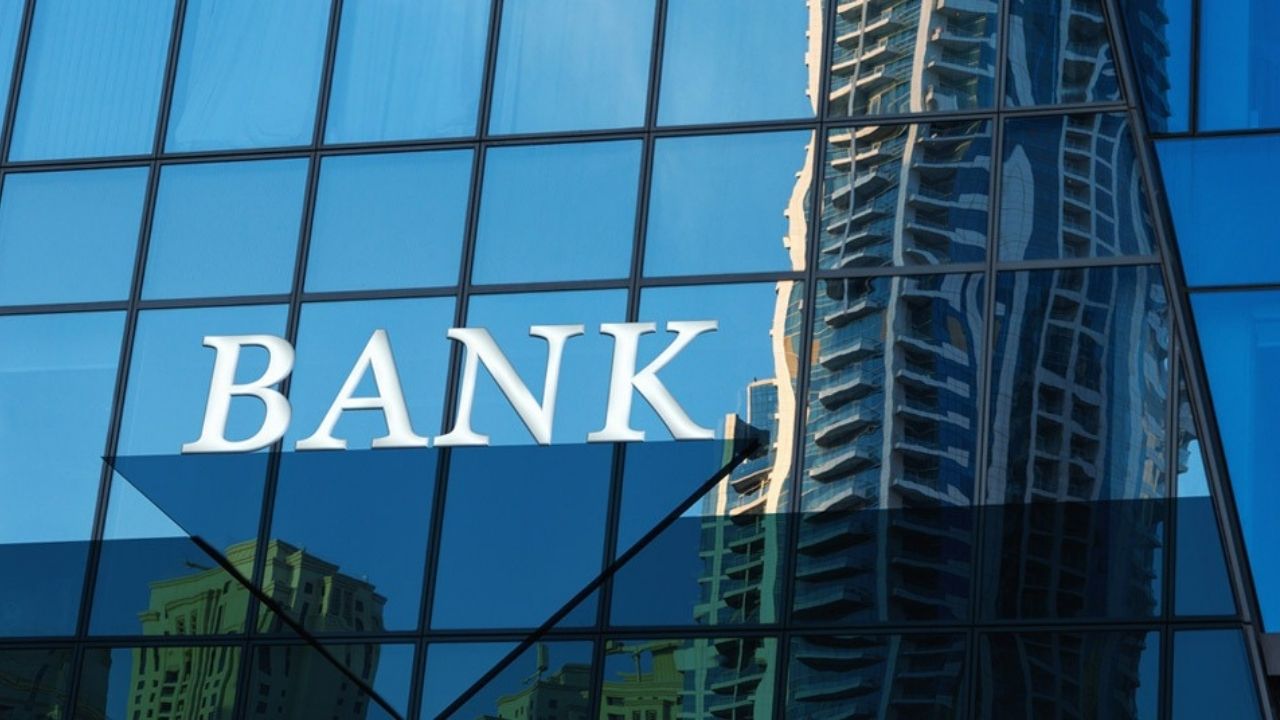Incore Bank, in partnership with Inacta and Crypto Finance Group, has selected Tezos as their preferred blockchain platform to develop regulatory-compliant digital financial products via a newly developed token standard titled DAR-1.
Tezos to Enable Smart Contracts for European Banks
Business-to-business transaction bank Incore Bank, in collaboration with Inacta and Crypto Finance Group, has picked Tezos, an open-source proof-of-stake (PoS) blockchain network, to power smart contracts for a range of on-chain digital financial products and use cases.
Together with Tezos, these entities have launched a new standard for tokens called DAR-1, allowing smart contracts to perform functions necessary to support finance. These functions include complying with anti-money laundering regulations, handling governance, and supporting asset management activities.
Developed by Inacta, an independent IT company focused on software development and blockchain promotion, DAR-1 is based on Tezos FA2, a token contract interface for single and multi-token smart contracts. Together, Incore Bank and Inacta intend to begin issuing assets in the DAR-1 tokenization standard via the Tezos network later this year.
In addition to launching the DAR-1 token standard, Incore Bank unveiled a new range of services in conjunction with Crypto Finance Group, a FINMA-licensed provider of institutional and professional investor products and services for digital assets. These regulatory-compliant offerings include institutional-grade storage, staking, and trading services for Tez (XTZ), the native token of the Tezos blockchain.
With Incore Bank launching staking services for the Tezos network, financial institutions that use Incore Bank’s services will also be able to offer staking for their clients’ assets directly via e-banking.
Transforming Traditional Banking
The Tezos platform is seeking to provide the safety and code correctness necessary to protect assets and other high-value use cases at the protocol and application layers, making it suitable for applications in banking.
Compared to other established chains like Ethereum, which is undergoing its ETH 2.0 upgrade, Tezos, alongside Cardano, calls itself a ‘third-generation’ blockchain, known colloquially as Blockchain 3.0. Unlike Ethereum in its present form, Tezos hopes to provide higher transaction throughput and mechanisms designed to handle network congestion.
Tezos relies on its on-chain governance model, which allows upgrades without disrupting or splitting the existing network in contrast with Ethereum. For tokenized assets registered on a blockchain, hard forks pose a significant risk. Hard forks can split chains resulting in scenarios where tokens supposed to have a fixed supply of circulating units would continue to exist on both chains, doubling the total number of tokens.
Still, Ethereum has, to date, been the go-to vehicle for financial services organizations seeking to test the viability of blockchain in handling traditional asset issuance. Earlier this year, the European Investment Bank (EIB), in partnership with Banque de France, issued a $100 million, 2-year bond registered and settled on the Ethereum network.
What do you think of smart contract adoption by institutional banks? Let us know in the comments section below.
Bitcoin News
Finance, big banks adoption, DAR-1, digital financial products, financial compliance, Fintech, Smart Contracts, Tezos

